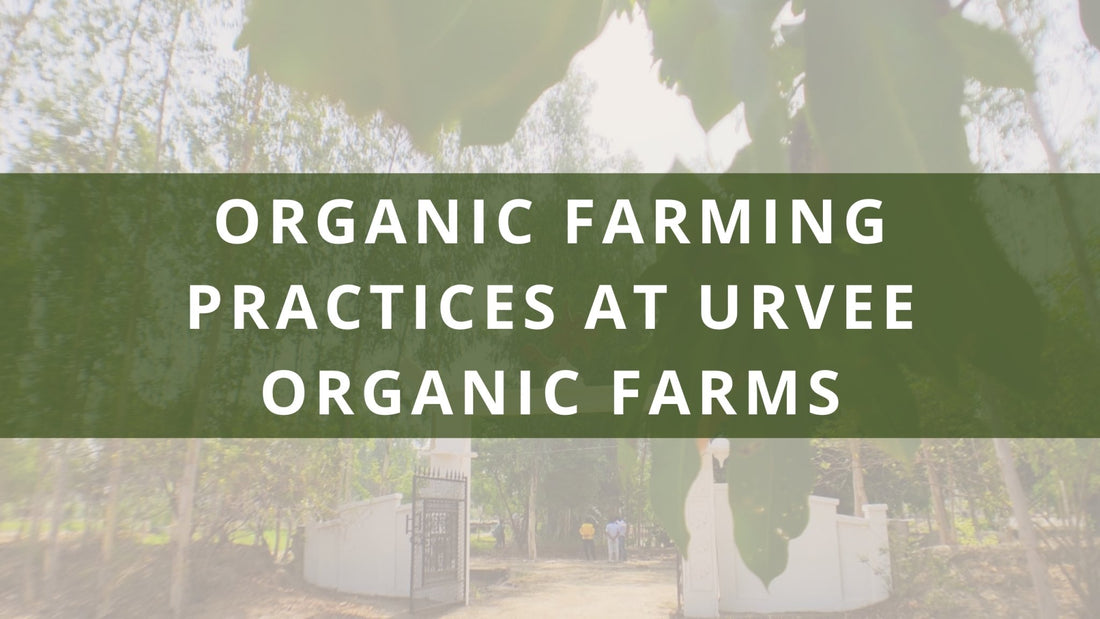Urvee Organic Farms is dedicated to practicing sustainable and organic farming methods that promote environmental stewardship, biodiversity, and healthy food production. At Urvee Organic Farms, we believe that farming can be done in a way that is both environmentally responsible and economically viable, and our organic farming practices reflect this philosophy.

Organic Farming Techniques:
At Urvee Organic Farms, we utilize a variety of organic farming techniques that prioritize soil health, biodiversity, and sustainability. Our approach includes practices such as composting, crop rotation, intercropping, and natural pest control.
Composting:
We use composting as a means of enriching the soil with organic matter, providing essential nutrients to crops, and promoting healthy microbial activity in the soil. Our compost is carefully prepared using a combination of crop residues, animal manure, and other organic materials, and it is used to improve soil fertility and structure, enhancing the overall health of our crops.
Organic Fertilizers:
It includes the use of Jeevamrut, GhanJeevamrut, vermicomposts time to time with regular maintanance of soil fertility and demand.
Crop Rotation:
Crop rotation is an important practice at Urvee Organic Farms, where we systematically rotate different crops in the same field over time. This helps to break the cycle of pests and diseases, reduces the need for chemical pesticides, and improves soil fertility by maintaining a balance of nutrients.

Intercropping:
Intercropping is another technique we employ at Urvee Organic Farms, where we grow different crops together in the same field. This promotes biodiversity and natural pest control, as different crops can deter pests from attacking each other. Intercropping also optimizes the use of available resources such as sunlight, water, and nutrients, resulting in a more sustainable and efficient farming system.
Natural Pest Control:
At Urvee Organic Farms, we rely on natural methods of pest control, such as using biological controls like beneficial insects, birds, and predators, as well as traps, barriers, and physical removal methods. We avoid the use of chemical pesticides that can harm beneficial insects and other non-target organisms, and instead focus on maintaining a healthy ecosystem that can naturally regulate pest populations.
Standardization:
Urvee Organic Farms follows strict organic NPOP standards to ensure the production of high-quality, chemical-free, and non-GMO crops. We are in-conversion certified by recognized third-party organizations that verify our compliance with organic farming practices and standards. This certification provides assurance to our customers that our produce is grown using sustainable and environmentally responsible methods.
Benefits of Organic Farming:
Organic farming offers numerous benefits, and Urvee Organic Farms is committed to promoting these advantages through our practices. Some of the key benefits of organic farming include:
- Improved Soil Fertility: Organic farming practices, such as composting, crop rotation, and intercropping, promote healthy soil by maintaining a balanced nutrient cycle and supporting beneficial soil microorganisms. This results in improved soil fertility, structure, and water retention capacity.

- Reduced Environmental Pollution: Organic farming avoids the use of synthetic chemicals, pesticides, and fertilizers that can contaminate soil, water, and air. This reduces the environmental pollution associated with conventional farming methods and promotes a healthier ecosystem.
- Increased Biodiversity: Organic farming promotes biodiversity by creating a habitat for beneficial insects, birds, pollinators, and other wildlife. This helps to maintain a natural balance and reduce the need for chemical pest control methods.
- Healthier Food Choices: Organic food is grown without the use of chemical pesticides, genetically modified organisms (GMOs), or synthetic fertilizers, making it a healthier choice for consumers. Organic food is also known to have higher nutrient content, better taste, and superior culinary attributes.
Challenges and Solutions:
Organic farming also faces challenges, and Urvee Organic Farms has implemented innovative solutions to overcome these challenges. Some of the common challenges in organic farming and their corresponding solutions include:
- Pest and Disease Management: Organic farming relies on natural pest control methods, which can sometimes be less effective in controlling pests and diseases compared to chemical pesticides. To address this challenge, Urvee Organic Farms implements integrated pest management (IPM) practices, which combine various strategies such as crop rotation, intercropping, trap crops, and biological controls to manage pests and diseases in a holistic and sustainable manner.
- Weed Control: Organic farming does not use synthetic herbicides for weed control, which can result in increased weed pressure. Urvee Organic Farms uses manual weeding, mulching, and cover cropping to suppress weeds and maintain weed-free fields. We also invest in innovative technologies such as mechanical weeders and flame weeding to reduce weed pressure.
- Nutrient Management: Organic farming relies on natural sources of nutrients, such as compost and manure, which can sometimes be less readily available and require careful management. Urvee Organic Farms employs careful nutrient management strategies, including regular soil testing, crop rotation, cover cropping, and the use of organic amendments to maintain balanced nutrient levels in the soil and ensure optimal plant nutrition.
- Market Demand and Pricing: Organic produce often commands a premium price in the market, but market demand and pricing can be unpredictable. Urvee Organic Farms addresses this challenge by building strong relationships with local markets, participating in farmers' markets, and engaging in community-supported agriculture (CSA) programs. We also educate consumers about the benefits of organic food and the value of supporting local organic farms to create a loyal customer base.
At Urvee Organic Farms, we are proud to embrace sustainable and organic farming practices that prioritize environmental stewardship, biodiversity, and healthy food production. Through our commitment to composting, crop rotation, intercropping, natural pest control, and other organic farming techniques, we aim to create a resilient and regenerative farming system that promotes the health of our soil, crops, and ecosystem. We are dedicated to meeting the challenges of organic farming through innovative solutions and believe that organic farming is not only an environmentally responsible approach but also a sustainable and healthy choice for consumers. Join us in our mission to promote the sustainable way of farming at Urvee Organic Farms!


